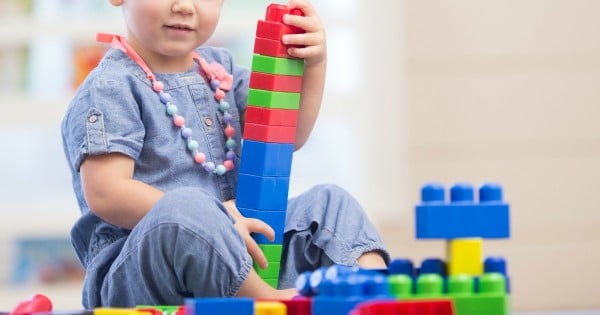
A new book on parenting called The Gardener and the Carpenter by psychologist Alison Gopnik says that modern parents fit into one of two categories when it comes to how they raise their children; carpenters or gardeners. And apparently we all should aim to be green thumbs.
Gopnik used a study conducted in 2011 as the basis for her book. The study focused on preschool aged children, which researchers separated into two groups. All children were given a toy made of plastic tubes, each with a different function- one squeaked, one was illuminated, one played music and one had a mirror hidden inside.
Mia admits she may be a gardener on the latest ep of Out Loud….
With one group of the children an adult entered the room and ‘accidentally’ bumped into the table which held the toy, therefore making the ‘squeak’ noise. With the other group the adult was more deliberate in showing the toy to the children and explaining how it worked.
What researchers found was that in the group of children who were ‘accidentally’ shown the toy, play was more free and random. The children all discovered for themselves how the tubes lit up, played music and had hidden features.
The other group however, comprising of children who were shown the toy, played in a much more limited way with the item. They ‘beeped’ the toy as they were shown over and over but never took the steps to discover other elements of the plastic tubing.





























































































